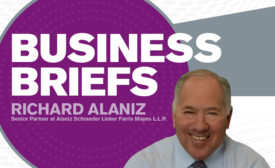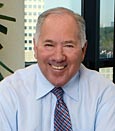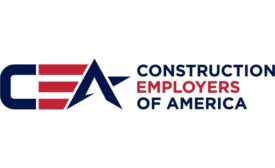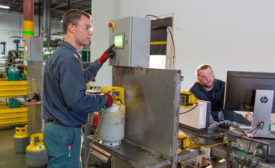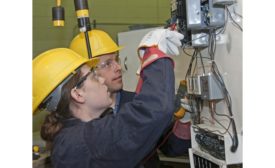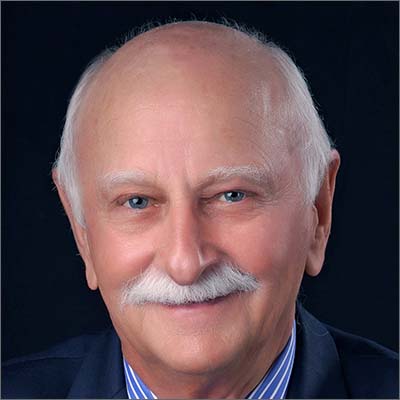Home » economic outlook
Articles Tagged with ''economic outlook''
April Construction Employment Rebounds from March Decline
A 3.9% unemployment rate emphasizes the need for quality apprenticeship programs
May 9, 2018
Reclamation of R-22 Weakens in 2017, Resulting in Refrigerant Concern
Recovery efforts may not be enough to meet future needs
Read More
Manufacturers Optimistic About the Future of the Refrigeration Market
Still, concerns remain over refrigerant regulations
Read More
Help Wanted: The HVACR Industry Faces an Annual Deficit of 17,000 Service Techs
HVACR contractors, manufacturers, and distributors are struggling to secure qualified service technicians
Read More
Specialty Trades Added 37,600 Positions in February
The construction industry saw sustained increases, adding another 61,000 jobs weighted heavily in the specialty construction sector
March 20, 2018
Copyright ©2025. All Rights Reserved BNP Media.
Design, CMS, Hosting & Web Development :: ePublishing
